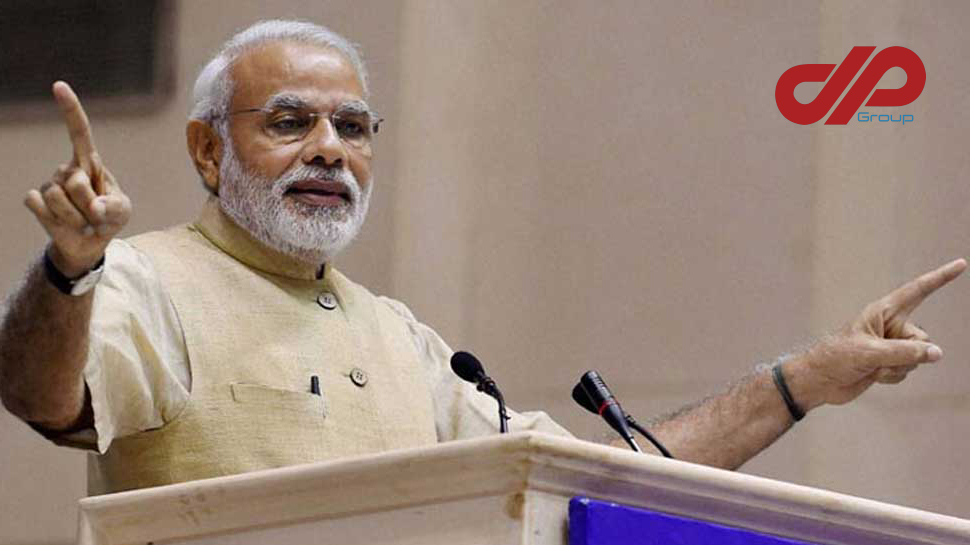Prime Minister Narendra Modi has recently completed four years in office and elections are soon approaching. He has used his time in office to recapitalize the banks, overhaul century old insolvency laws, put stale projects in force and to implement a central tax system, the results of which are only surfacing now. In the previous quarter, the India’s GDP grew by 7.7%, the highest since demonetization and in doing so, has once again become the fastest growing economy in the world.
In this article we shall give you an account of some of the reforms implemented by the current government under the leadership of PM Modi that have facilitated the running of businesses in India and we shall focus on the steps taken to reduce bureaucracy in setting up business, fast-track the obtaining of information, facilitate foreign investment, accountability and dispute resolution.
The Companies Act, 2013 introduced the concept of the ‘commencement of business certificate’, which required a minimum paid-up share capital, which, according to the 2015 amendment is no longer a requirement. By merging the applications for the Permanent Account Number (PAN) (to be obtained by every taxpayer) and Tax Account Number (TAN) (to be obtained by those responsible for Tax deducted at Source- TDS i.e., on payment of salaries, commission, professional fees, interest, rent, etc.),it has made it faster to start a business in India.
In order to simplify and fast track the procedure for company registration in India, the Ministry of Corporate Affairs (MCA) has introduced Form INC-29 – Integrated Incorporation Form and has merged the process of getting the Director Identification Number (DIN), Name Approval and Incorporation application into one single process, thereby significantly reducing the time required in setting up a business. India has also made dealing with construction permits less cumbersome by implementing an online system which has streamlined the process at the Municipality of New Delhi and of Greater Mumbai. These business or investor friendly initiatives undertaken by the government have helped improve India’s rank in the Starting a Business parameter (164 to 155 in one year).
The EBIZ platform has set up a one-stop access for investors to know more about investment opportunities and information on a number of licenses/approvals required from government agencies. It is the face of business interaction with the government and provides a Composite Application Form and one-time payment designed for obtaining approvals from multiple Ministries/ Departments, namely, the Ministry of Corporate Affairs, the Central Board of Direct Taxes, the Ministry of Labor & Employment including the Employees’ State Insurance Corporation & the Employees Provident Fund Organization;
This government has pushed for greater liberalization of India’s foreign direct investment (FDI) regime, particularly in crucial sectors such as defense, e-commerce, and pharmaceuticals, leading to a record average inflow of $52.2 billion in FDI annually in the last four years by either by increasing the FDI cap, moving the approval process to the “Automatic Route,” (no prior government approval required) or relaxing onerous sub-rules governing foreign-owned firms in India.
The introduction of a modern bankruptcy framework is one of the most significant reforms put in place by the current government and has won praise from institutions like the World Bank and the International Monetary Fund. According to World Bank statistics, it took an average of 4.3 years to resolve a soured account. Lenders recovered an average of 26.4 cents to the dollar. These were among the poorest numbers found in emerging economies. The new framework set in place aims to change all that. Cases once admitted are supposed to be resolved within 270 days; if not, companies go into liquidation. During the resolution process, management control is taken away from promoters and vested with a resolution professional.
These are only few of the reforms undertaken by the current government in the furtherance of facilitating doing of business in India but these few examples illustrate the objective of creating a strong structure for increasing economic development. However there are still numerous obstacles in order to reach the standards which it was set up for, the same can be traced back to the delays in setting up procedures, the restriction of FDI (Foreign Direct investment) in certain sectors that acutely require the same, the pending insolvency and bankruptcy cases in front of the National Company law Tribunal. These economic reforms, its achievements along with its setbacks will certainly have an impact on the outcome of the 2019 election.


